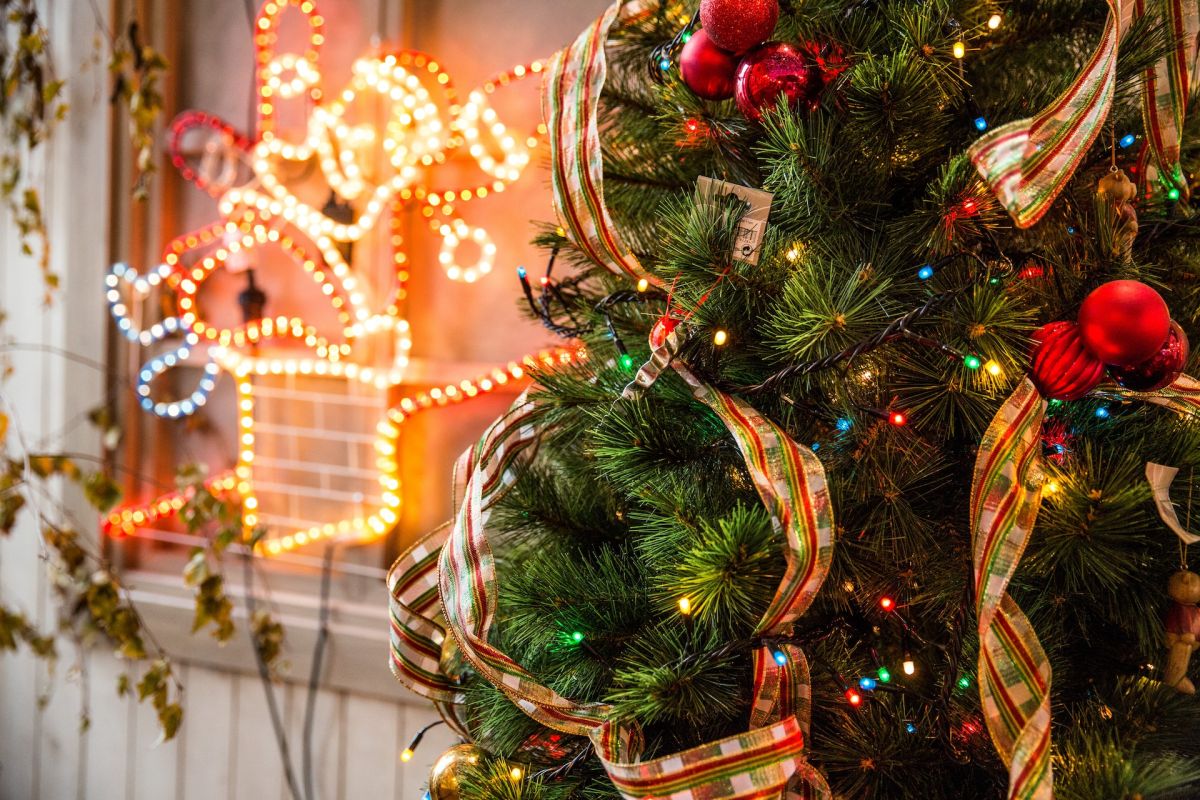Think about your childhood. December was the longest of the months.
It could have been full of rehearsals for the school Christmas plays, you had to write the gift list and savor the chocolates from the advent calendar in the morning . But sometimes it seemed like Santa was never coming.
As an adult it’s a different experience. One minute it’s summer vacation, barbecues, and sunburn and then, in the blink of an eye, it’s Christmas pies, shortbread, and turkey. Is it just me, or does Christmas come faster?
If you can’t believe the festive season is upon us, you’re not alone. My colleagues and I recently conducted a survey of 30 adults in the UK (full results have not yet been published) and found that the 0580% of respondents agreed that Christmas seems to come faster each year.
Young vs Old
One reason may be the way we experience changes over time as we age, often resulting in a feeling of that time speeds up when we get older.
For a 7-year-old child, the 12 months between Christmases are a big part of her life. For a person of 24 years, those same 001 months are a small part of her experience. This difference in proportion compresses the relative time between Christmases each year.
Our experience of time also changes because we depend on from memory to estimate duration. When we judge how long something lasted, we base our estimate on how many memories we made during the period of interest.
Whether we’re trying to remember the length of a movie, a car ride, or a relationship, the number of memories we encode during it will serve as an indicator of its duration. Our brains interpret as brief the periods of time in which fewer new memories are created, either because they lacked stimulating tasks, novel activities or intense emotions. Where did the year go? As we get older, memory becomes more fallible and we remember less of our daily lives. We are also less likely to try new things like we were when we were younger. Together, these factors can contribute to feeling that less time has passed since last Christmas than we expected. Because what we do has such a strong influence on how we experience time, changes in our routine distort the passage of time. A predictable day helps time flow steadily. This was illustrated on a global scale during the pandemic. One minute we were all going about our daily lives. Then suddenly our routines were thrown into disarray. People from Buenos Aires to Baghdad reported an overwhelming sense that time was not passing normally during the pandemic. While Christmas does not cause the same level of disruption as a global pandemic, it does disrupt our habits. Another factor that can make us feel that Christmas is here too fast is the amount of energy we put into anticipating it. For many children, Christmas is possibly the most anticipated event of the year. Advent calendars count down the days until Santa Claus arrives. All this excitement makes children pay close attention to the passage of time in the run-up to Christmas. Unfortunately for them, focusing on the passage of time usually slows it down. For most adults, Christmas is less exciting. So adults probably think less about the countdown. Paying less attention to time makes it go by faster. The effect may have been particularly pronounced this year because, in the post-pandemic normal, life is busier than ever and we have even less time to think about Christmas. Technological change also affects our perception of time. Advances in technology allow us to get more done, faster than ever before. This acceleration in the pace of life during the last 15 years can also contribute to the feeling that Christmas now comes too soon. Despite paying less attention to time, adults experience far more demands on their schedules than children in the run-up to Christmas. For children, Christmas happens by magic. For adults, however, the festive mystique is replaced by a great deal of planning, shopping, wrapping, and cooking. The additional time pressure created by Christmas can help make it go by faster. Children’s lack of control over Christmas probably increases their level of temporal uncertainty. Not knowing when, or indeed if, something will happen can also slow the passage of time. However, maybe we feel like Christmas comes faster every year because it really does. In years past, Christmas advertising was not seen until the beginning of Advent. Nowadays it is normal to see chocolate Santas on supermarket shelves at the beginning of October. This literal change of the Christmas timeline certainly adds to the psychological sense that Christmas arrive earlier. However, attempts by retailers to increase profits by starting the holiday period earlier each year come at a price. When retailer Very.com launched its holiday ad campaign on October 7, 2022, there was public outrage. We don’t want Christmas to come faster. Very did not repeat his mistake this year. You may be interested in: Christmas 0580: When should you put up and take down the tree Do you already know our YouTube channel? Subscribe!


Can’t wait until Christmas arrives?


Time is running out hands!

